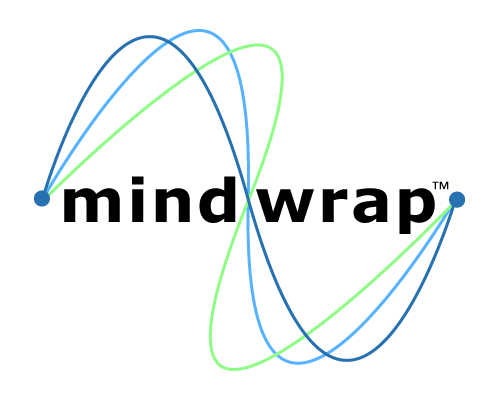Click here to download this blog as a PDF.
One of the main questions we get from our clients is, “What is the difference between document management and records management?” Some companies may think they only need record management software, but after further discussion and research, they realize they need document management software as well. Records and document management can both be beneficial to your company. However, you need to know what precisely each software does and the differences between both before you can decide what’s right for your business. That is why we are here! Throughout this blog, we will be discussing the differences between records management and document management to help you understand which one will provide the most value to your organization.
Document Management
When we talk about document management, we are talking about a system set in place to manage and track all your documents that are either completed or in progress; you can think of these documents as “living documents.” Living documents usually move through different stages within their lifecycle, such as draft, ready for approval, edited, approved, etc., and are used in day-to-day business activities. These documents usually need to be touched by multiple people throughout their lifecycle to get the correct information and move the document where it needs to go. Once the document is finished moving through its lifecycle, a document management system also acts as a repository for historical documents. A document management system will improve the efficiency of your document lifecycle and allow for a seamless flow of all your living documents. A competent document management system will allow you to capture, store, modify and share your documents across your company to ensure that the flow is effective and consistent with your company’s processes.
Records Management
Records management is about maintaining a secure and accurate log of all happenings and transactions within your company. It is used to establish policies for maintaining different records to ensure that your company stays compliant with all legal obligations. Think of records as “completed” or “final.” They have completed their document lifecycle and are stored to keep a legal recording of an event or a transaction within your company. However, records have a lifecycle as well. Records management ensures that all records, from creation to disposal, are on the right track. Once it has been declared a record, there are usually no further changes needed or allowed. A records management system can help secure and maintain these records and their lifecycle.
What’s the difference?
We have all been waiting for the question: What is the difference between document management and records management? After reading through both definitions, you probably have figured out that document management is used for “living” documents, and records management is used for “completed” documents. This means that any document held in a document management system is used day-to-day and needs multiple users to edit and approve as it goes through the document lifecycle. Many documents do become records, but not all. So it is important to note that a document within a document management system can be moved into a records management system when it has completed the document lifecycle. Some document management systems, like Optix, have a records retention sub-system. This allows you to assign an expiration date to your documents after which they transition to a permanent read-only status or may be moved to offline (tape or CD) archival storage. If your company is mainly concerned with lifecycle management and your documents do not require the rigor and expense of formal records management, you may find this approach more cost effective.
Some companies do need a formal records management system in order to stay compliant with legal obligations. An example of this would be a contract for a client or service. This contract could first be put into a document management system and go through all processes needed; once signed and approved, it would then be considered a legal business record and could need to be put in a records management system. This is the primary way we note the difference between document and records management; however, there are other differences that can help you differentiate the two.
Goals
The overall goal of both document management and records management systems is entirely different. The overall goal of a document management system is efficiency. You want documents to go through their lifecycle as quickly and efficiently as possible while also eliminating the storage of paper documents. Records management systems, on the other hand, have an overall goal of compliance. It is used to keep track of and easily retrieve historical records to stay compliant with all legal requirements and keep your company prepared for any audits. Although their overall goal might be different, there is a similar goal that document and records management share, and that is business progression. As we said earlier, both documents and records have lifecycles, and one of the goals of both systems is to progress through that lifecycle from start to finish.
Usage
Usage is another major difference. As we went through the definitions, you probably noticed that people need to access documents frequently when it comes to files within a document management system. They will be editing, approving, storing, etc., multiple times a day. This means multiple people will need access to the system and some of the documents within it. As for a records management system, those records are usually not used after being put within the system. Since the records are not accessed as frequently as documents in a document management system, there will most likely be fewer users in or allowed in the system as a whole.
Information
Although documents within document management systems can turn into records at some point, the information in both documents and records are slightly different. The information in documents is usually content that is momentary, meaning that it will either be edited or changed in a short period. In contrast, content within a record is typically historical content, not compromised after being categorized as a record.
Which is Better?
As we said before, both document management and records management can benefit your company, so there isn’t a “better” option. Today, many companies utilize both within their processes, and some have either a document management system or a records management system to allow them to be more efficient. If you are still having trouble figuring out how to pick the best solution for your company, contact us today, and we’d be happy to discuss the right option for you. Optix is a document management and workflow solution designed to optimize your company’s processes.
Click here to download this blog as a PDF.


 Mindwrap, Inc
Mindwrap, Inc